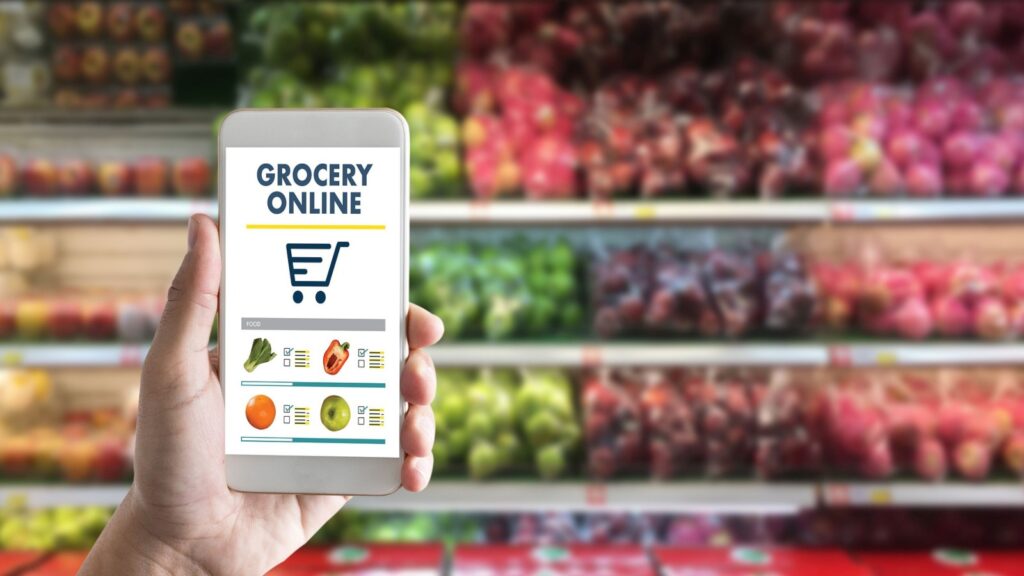- 1.1 Conveyor Belts
- 1.2 Smart Cashpoints
- 1.3 Security Systems
- 1.4 Self-Scan Apps
- 1.5 Online Store
Some of the components needed for starting a local grocery store are obvious: food, fridges, shelving, pallets, stationery, paper bags, and cleaning materials. Others, not least modern technology, are slightly less clear to see when one only scratches the surface.
The five pieces of technology listed below have become invaluable to grocery stores across the United States, pleasing customers, speeding up purchases, and diversifying the product and payment options for the store owner.
Helpful Tech for Starting Your Grocery Store
Conveyor Belts
Conveyor belts are an excellent addition to any grocery store, both in the storeroom and at the cashier’s desk. Seek out the correct belt type for you at expert providers fluentconveyors.com and see how the reliable rumble of the conveyor belt assists with long queues, processing deliveries, and sending out shipments if you offer a delivery service.
The belts are easy to wipe down, keeping them clean from the inevitable debris from fresh, organic produce. Customers will be impressed at how quickly they are served at your newly opened store.
Smart Cashpoints
The stereotypical image of a grocery store is a set of old scales, a punch-type teller machine and a storekeeper with an old book listing the price of every item on the shelves. In modern-day grocery stores, this no longer reaches the standard expected of cashiers, so installing bright cash points with electronic scales, self-service options, and card machines is the road to follow.
Many providers are available, but Square has risen in popularity recently. Experts describe its free plans as good options for beginners.
Security Systems
This could take the form of scanners by the door that will alert you to any items being stolen from your store or CCTV cameras that operate inside and outside working hours. These systems will help protect your new business from thieves and prevent you from losing valuable stock.
Self-Scan Apps
Alongside self-service cashpoints, self-scan apps are also coming into general use throughout the USA. These apps see customers scan a QR code upon entering the store and allow them to scan the barcodes on items as they shop, bagging them along the way to save holding up the queue at the end of their time in the store and paying through their cell phone. These are instrumental pieces of innovation and should be considered if they would suit your store. Do not let this loss of human interaction slip your customer service standards, though, as research shows customers are much more likely to remain loyal to a business if they receive a positive shopping experience.
Online Store
Over 56% of US consumers prefer to shop online, with 80% of the population saying they do it regularly, so losing out on this market of potential customers by not setting up an online store could cost you vital profits.
Do not let being a local store put you off – operating an online store does not mean you must start shipping to the other side of the country. More and more local businesses are allowing customers to place orders online to come and collect later or to be delivered by local couriers.
